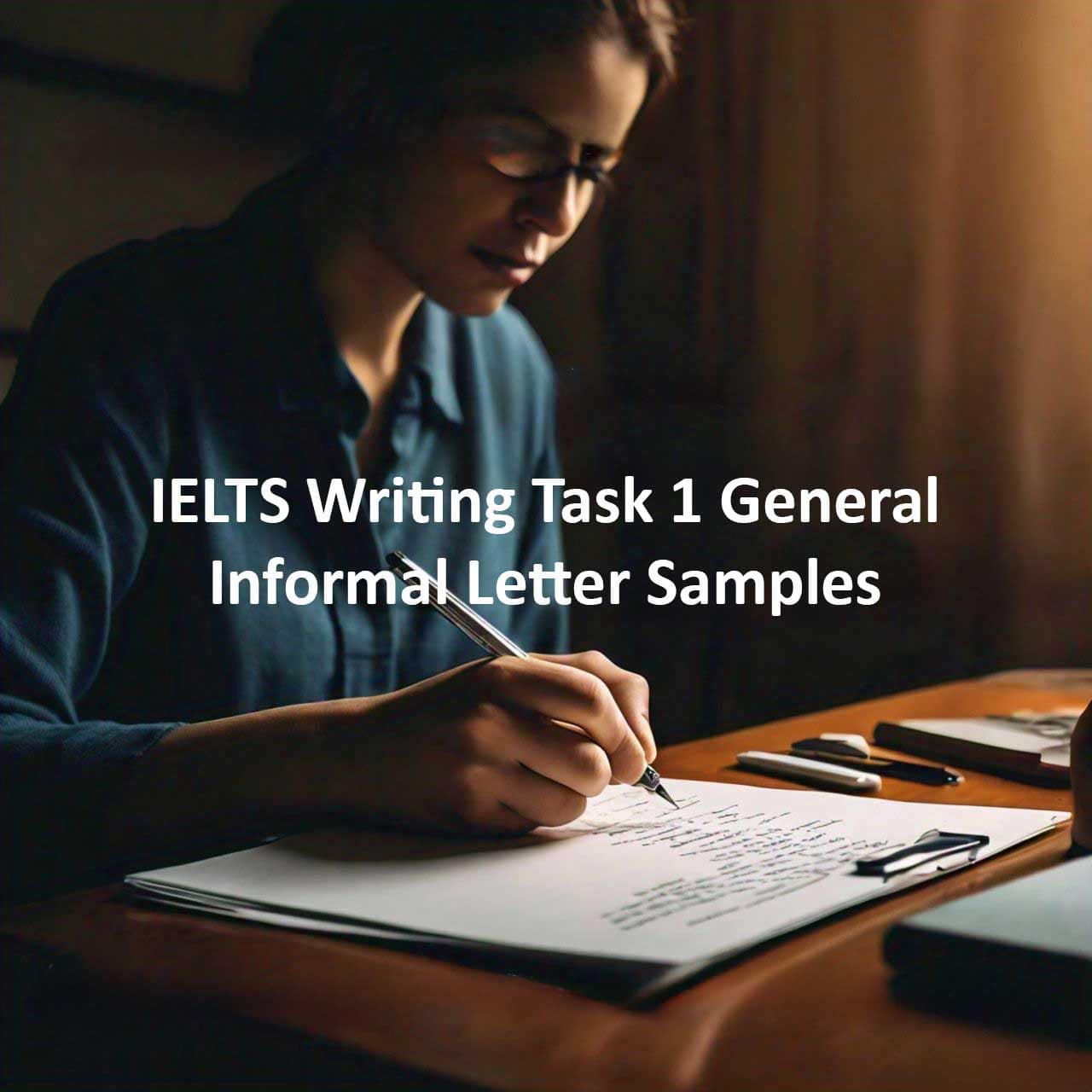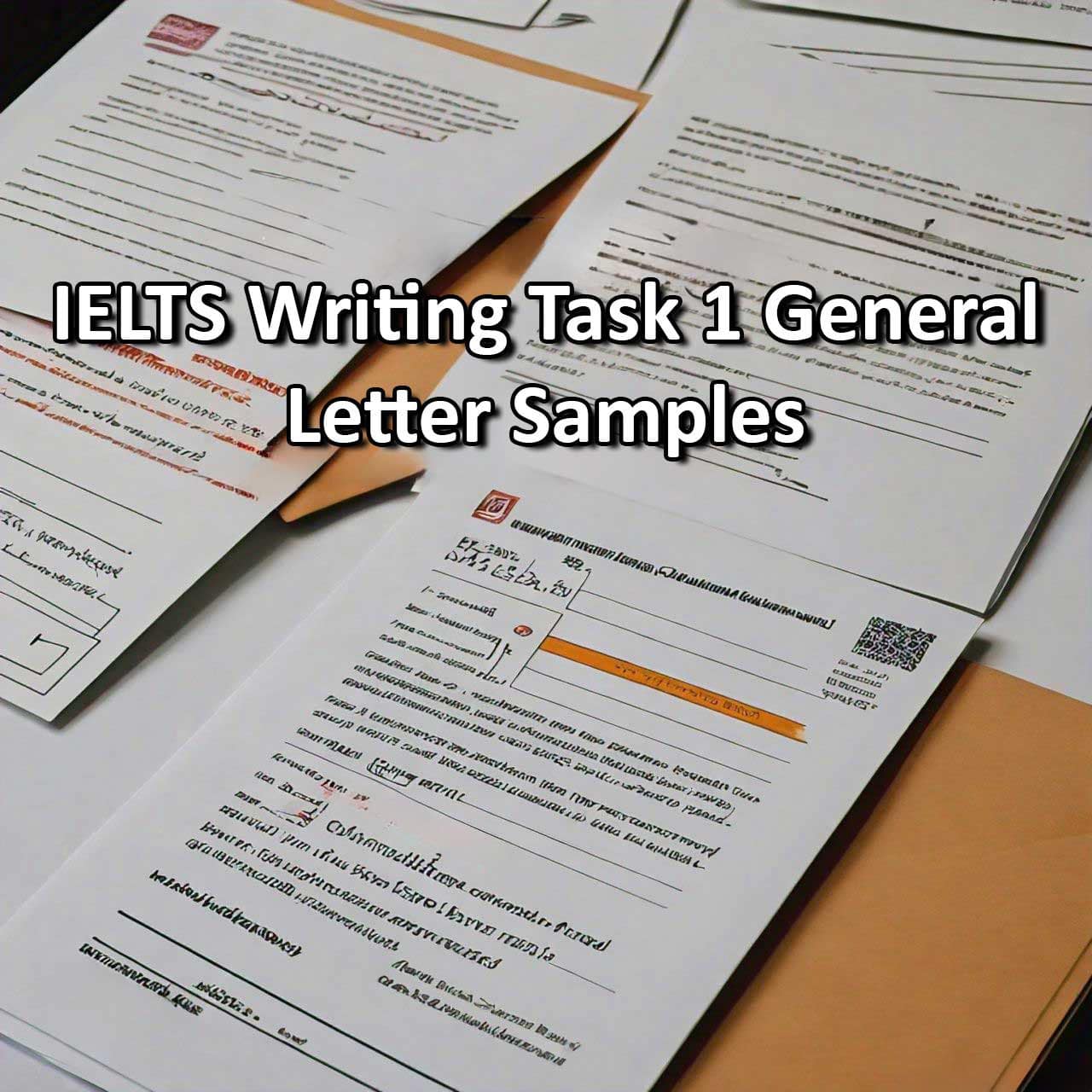Achieving success in the IELTS (International English Language Testing System) Writing section goes beyond just writing grammatically correct sentences. Task Achievement, one of the four criteria used to assess your writing, plays a crucial role in determining your overall score. In this blog post, we’ll delve into what Task Achievement entails in IELTS Writing tasks and provide strategies for mastering this aspect of the exam.
What is Task Achievement?
Task Achievement assesses how well you address the task requirements and present relevant ideas in response to the prompt. It focuses on whether you fully address all parts of the question, develop your ideas logically, and maintain coherence and cohesion throughout your writing.
Key Components of Task Achievement
1. Addressing the Question:
– Ensure that you fully understand the question prompt before you begin writing. Identify the specific tasks or instructions provided and make sure to address each one in your response.
2. Developing Ideas:
– Present relevant ideas and support them with appropriate examples, explanations, or evidence. Your writing should demonstrate depth of thought and engagement with the topic.
3. Organizing Your Response:
– Structure your writing coherently, with clear paragraphs and logical progression of ideas. Use paragraphing to separate different aspects of your argument or discussion.
4. Maintaining Focus:
– Stay focused on the topic throughout your response. Avoid tangential or irrelevant information that does not directly address the task requirements.
5. Providing a Conclusion:
– Conclude your writing with a summary or conclusion that restates your main points and provides closure to your argument or discussion. This helps to round off your response effectively.
Strategies for Task Achievement
1. Analyze the Question Prompt Carefully:
– Take the time to analyze the question prompt carefully, paying attention to the specific tasks or instructions provided. Underline key words and phrases to ensure you fully understand what is being asked of you.
2. Plan Your Response:
– Before you start writing, take a few minutes to brainstorm and outline your ideas. This will help you organize your thoughts and ensure that your response is well-structured and focused.
3. Stick to the Topic:
– While it’s important to demonstrate a wide range of vocabulary and grammatical structures, avoid veering off topic. Stay focused on the task requirements and prioritize relevance and coherence in your writing.
4. Use Examples and Evidence:
– Support your ideas with relevant examples, evidence, or personal experiences. This not only strengthens your arguments but also demonstrates your ability to develop ideas effectively.
5. Review and Revise:
– Leave some time at the end of your writing to review and revise your response. Check for any errors in grammar, punctuation, or spelling, and ensure that your writing flows smoothly and coherently.
Conclusion
Task Achievement is a crucial aspect of the IELTS Writing section, as it assesses your ability to respond appropriately to the given task and present relevant ideas in a coherent and well-organized manner. By understanding the key components of Task Achievement and implementing strategies such as careful analysis of the question prompt, effective planning, staying focused on the topic, using examples and evidence, and reviewing your response, you can improve your performance in this area and maximize your chances of success on the exam. Remember to practice regularly with a variety of writing tasks and seek feedback from teachers or tutors to further refine your skills. With dedication and practice, you’ll be well-prepared to tackle the IELTS Writing section with confidence and achieve your desired score.



